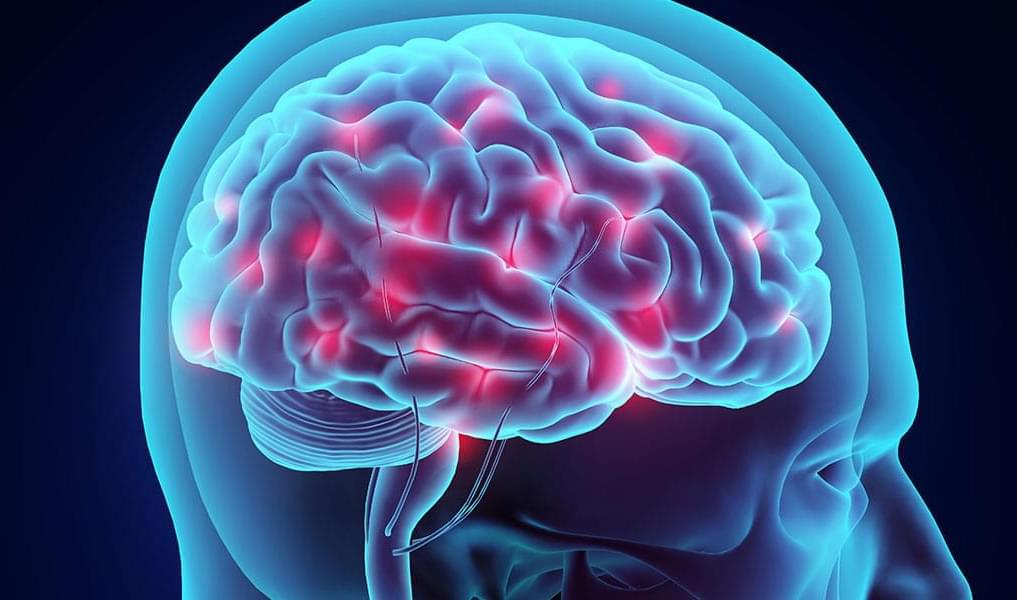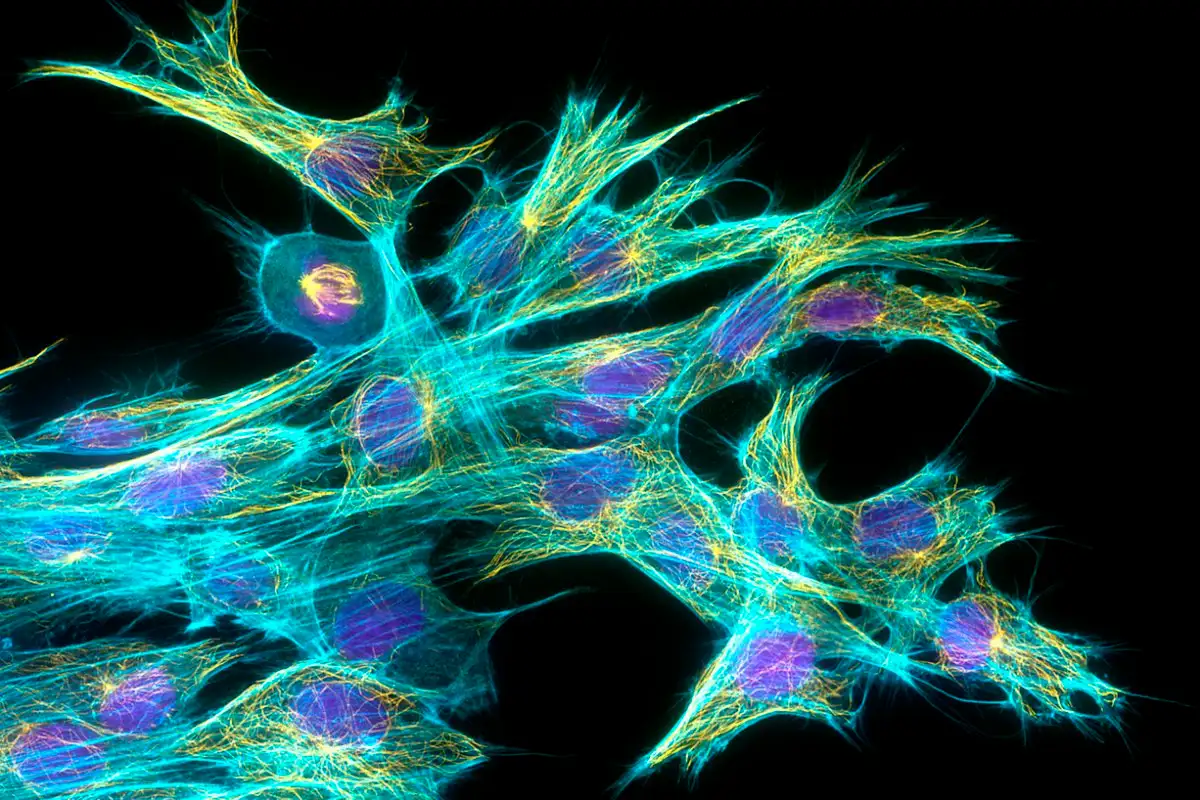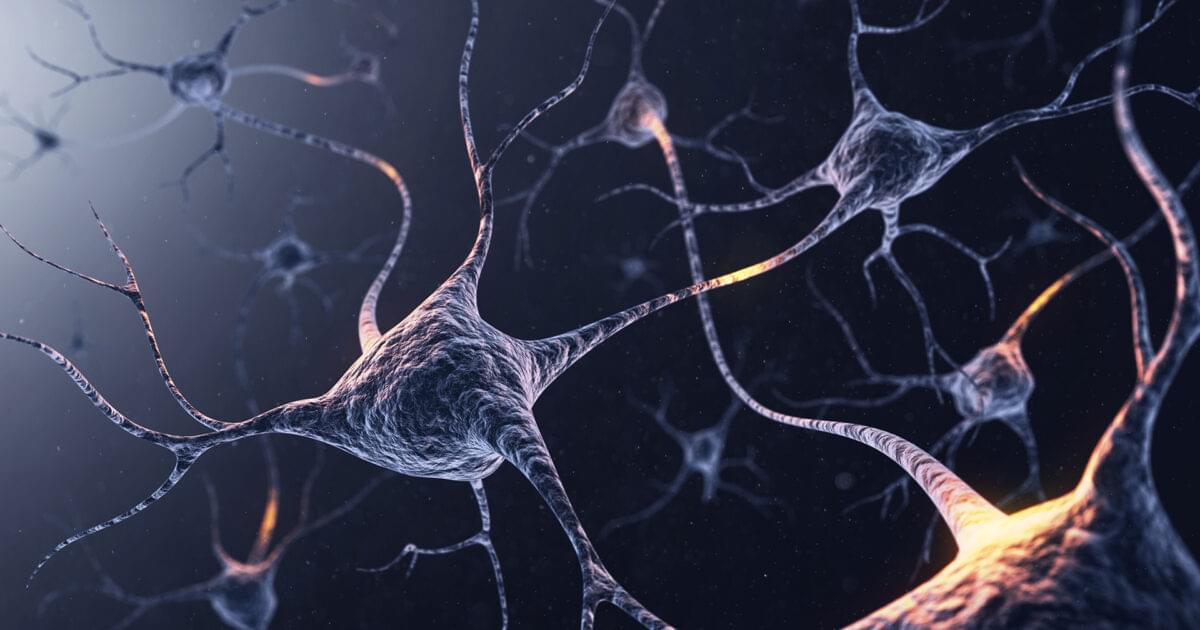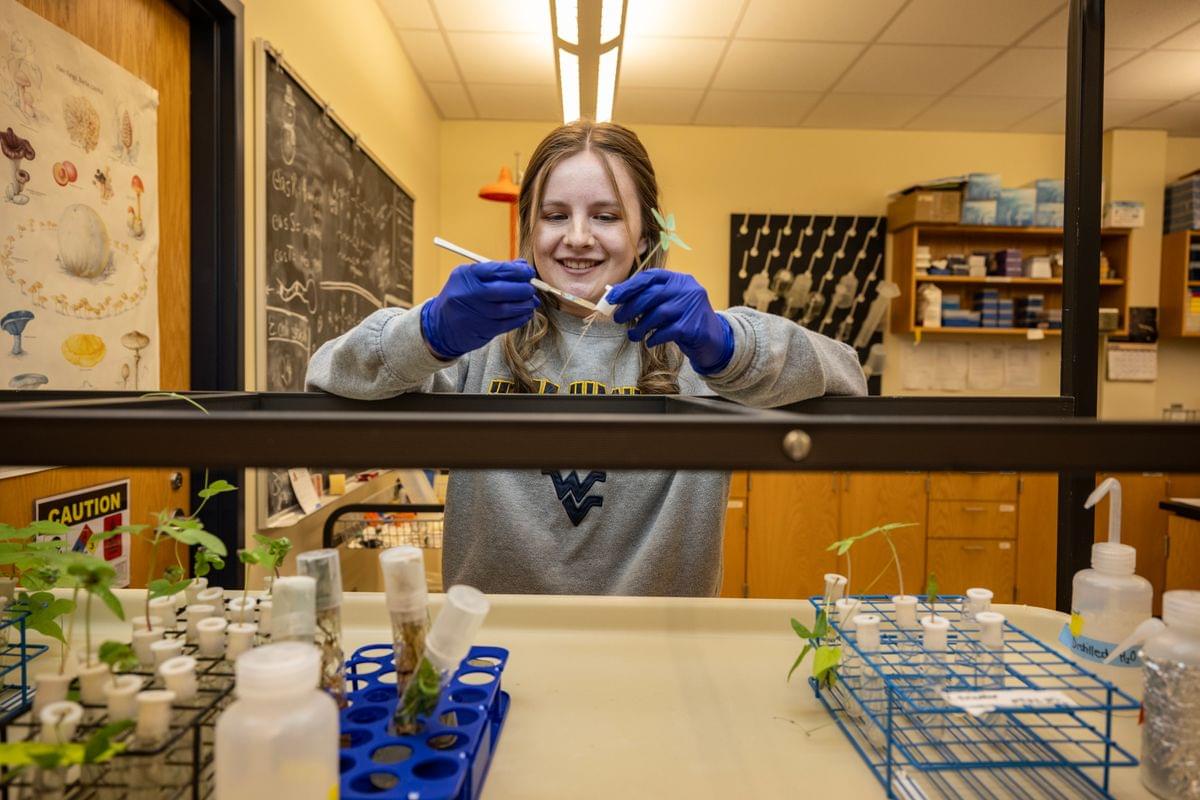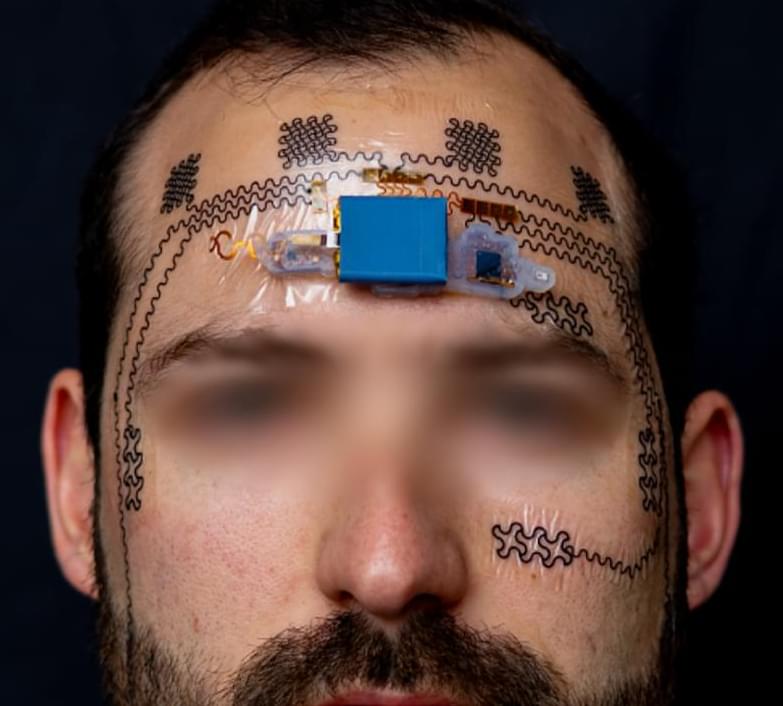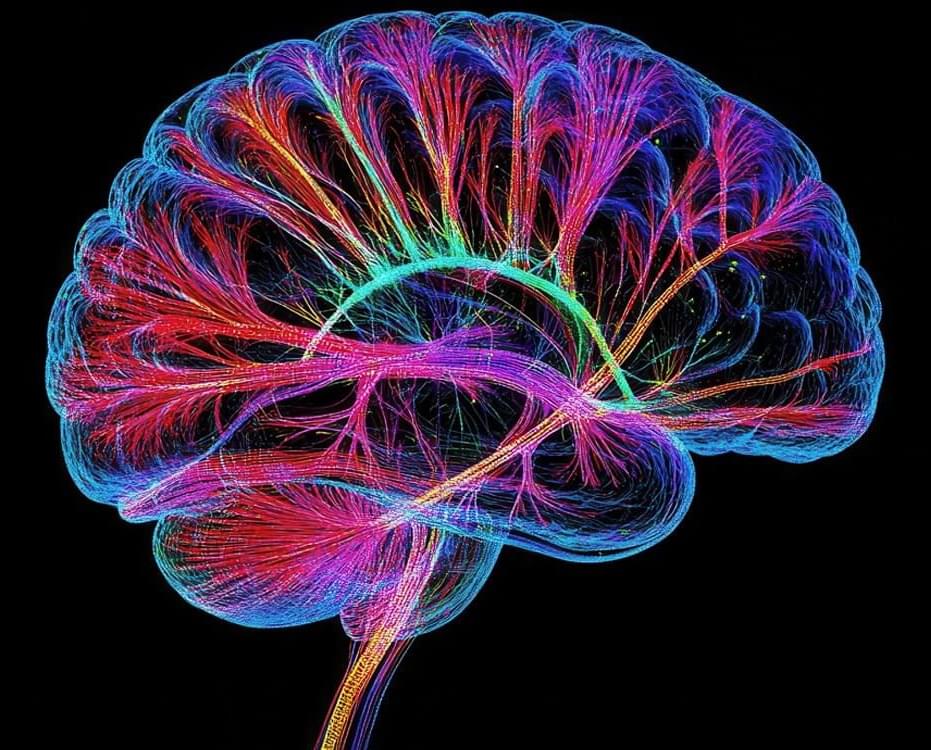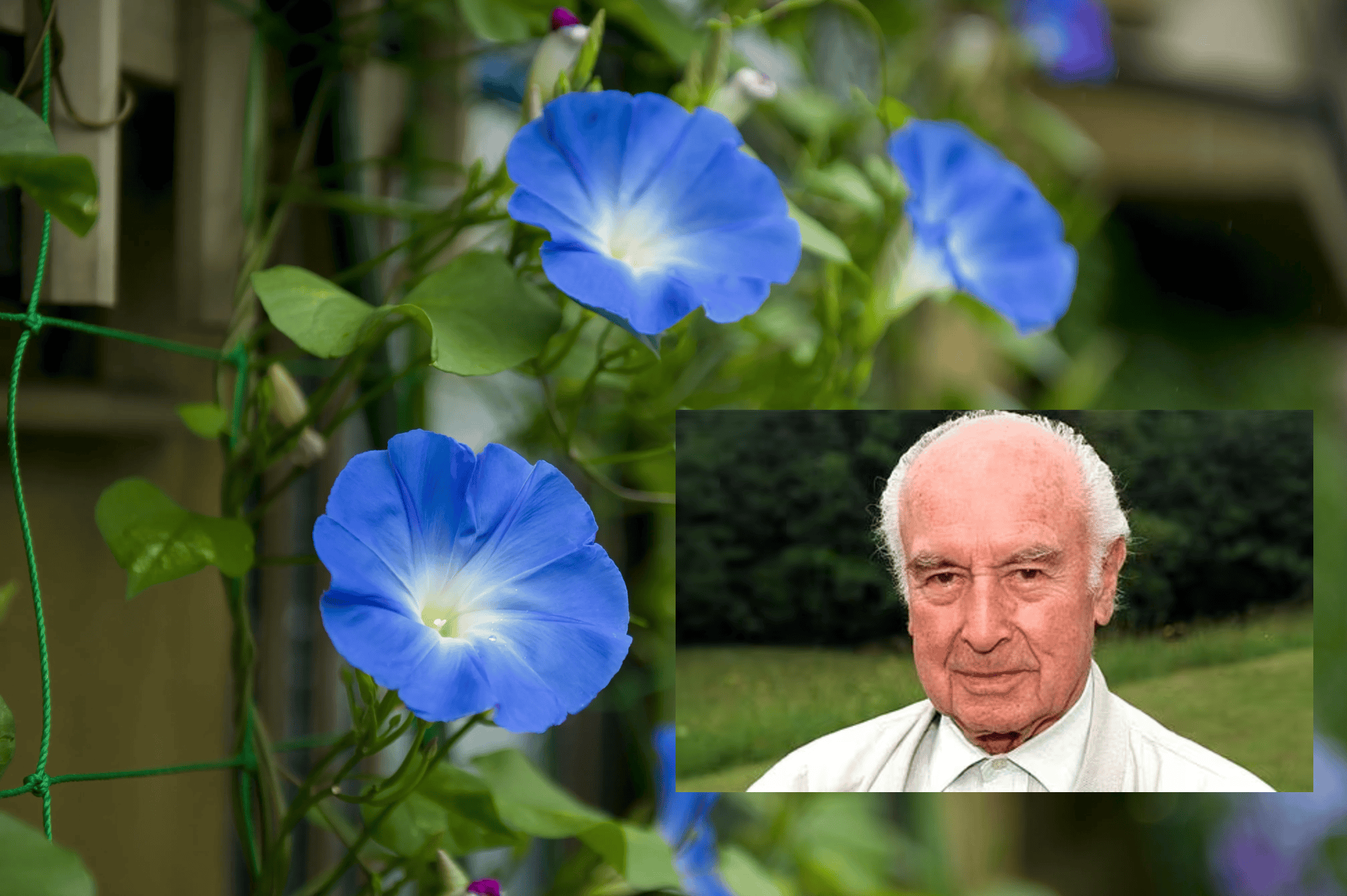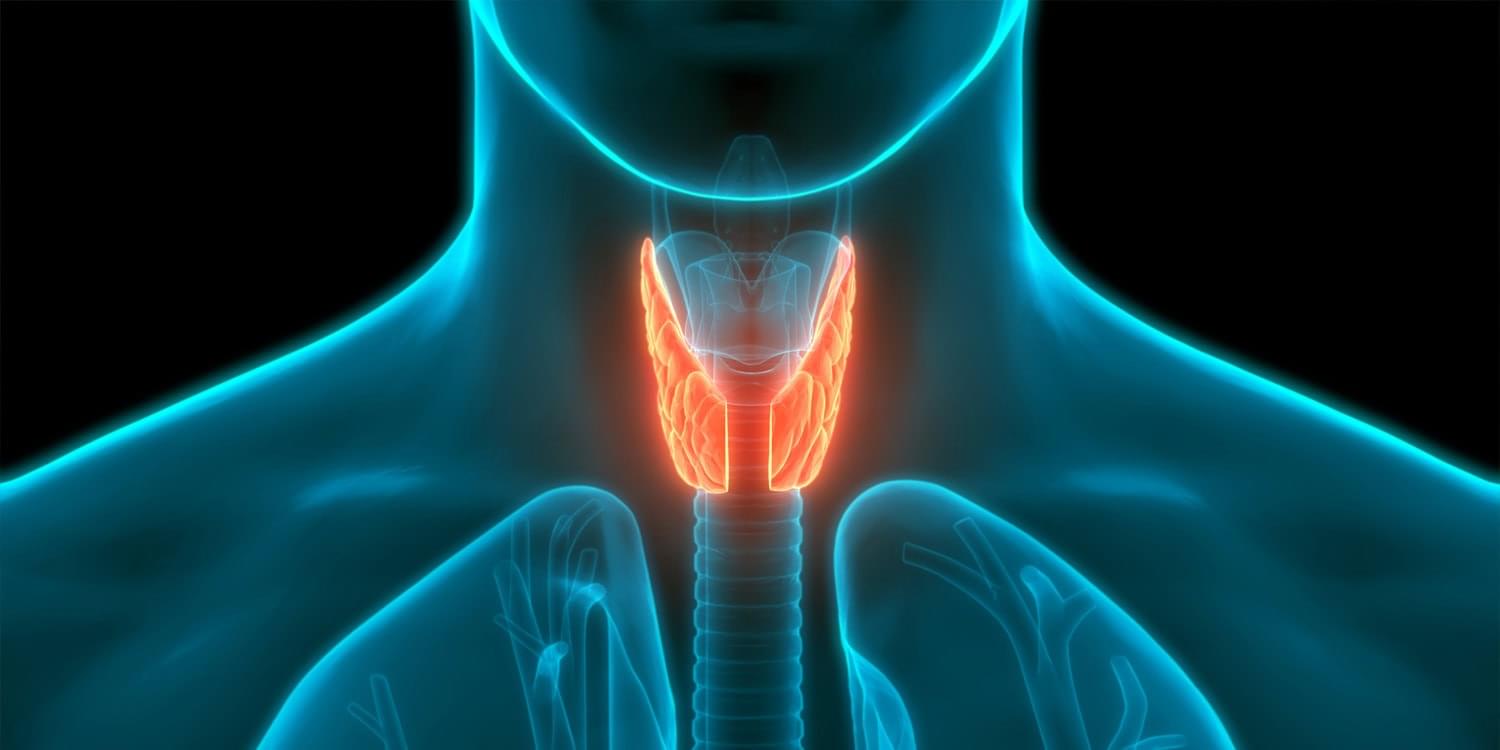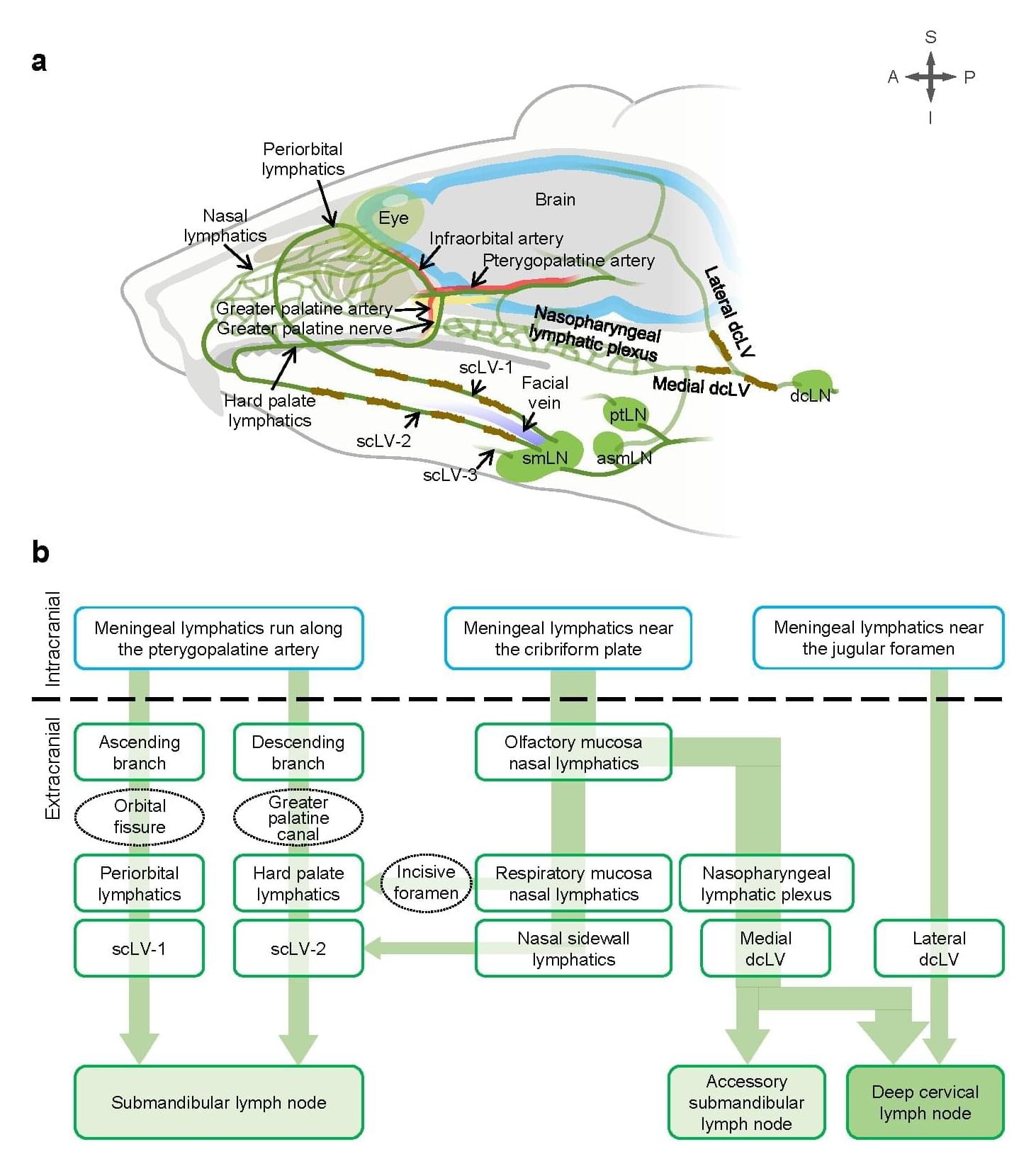“Scientists have shown that there is ultra-weak photon emission in the brain, but no one understands why the light is there.”
If light is at play and scientists can understand why, it could have major implications for medically treating brain diseases and drastically change the way physicians heal the brain. But measuring optical transport between neurons would be no easy task.
Our brain and nerves rely on incredibly fast electrical signals to communicate, a process long understood to involve tiny bursts of electricity called action potentials that travel along nerve fibers. But scientists are now exploring whether something else might also be part of this picture: light.
Yes—light, or more specifically, photons. Some researchers have suggested that nerves might not only use electrical impulses but could also send signals using photons, the same particles that make up visible light. This idea is based on the possibility that the fatty coating around nerves, called the myelin sheath, could act like an optical fiber—just like the cables used to carry internet signals using light.
In earlier work, the researchers behind this new study proposed that light might actually be generated in specific parts of the nerve called nodes of Ranvier, which are tiny gaps in the myelin sheath that help boost the electrical signal. Now, they’ve gone a step further: using a special photographic technique involving silver ions, they’ve found physical evidence of photons being emitted from these nodes during nerve activity.
Their experiments suggest that, alongside the familiar electrical signals, nerves might also be emitting light when they fire—shining a new light, literally and figuratively, on how our nervous system might work.
